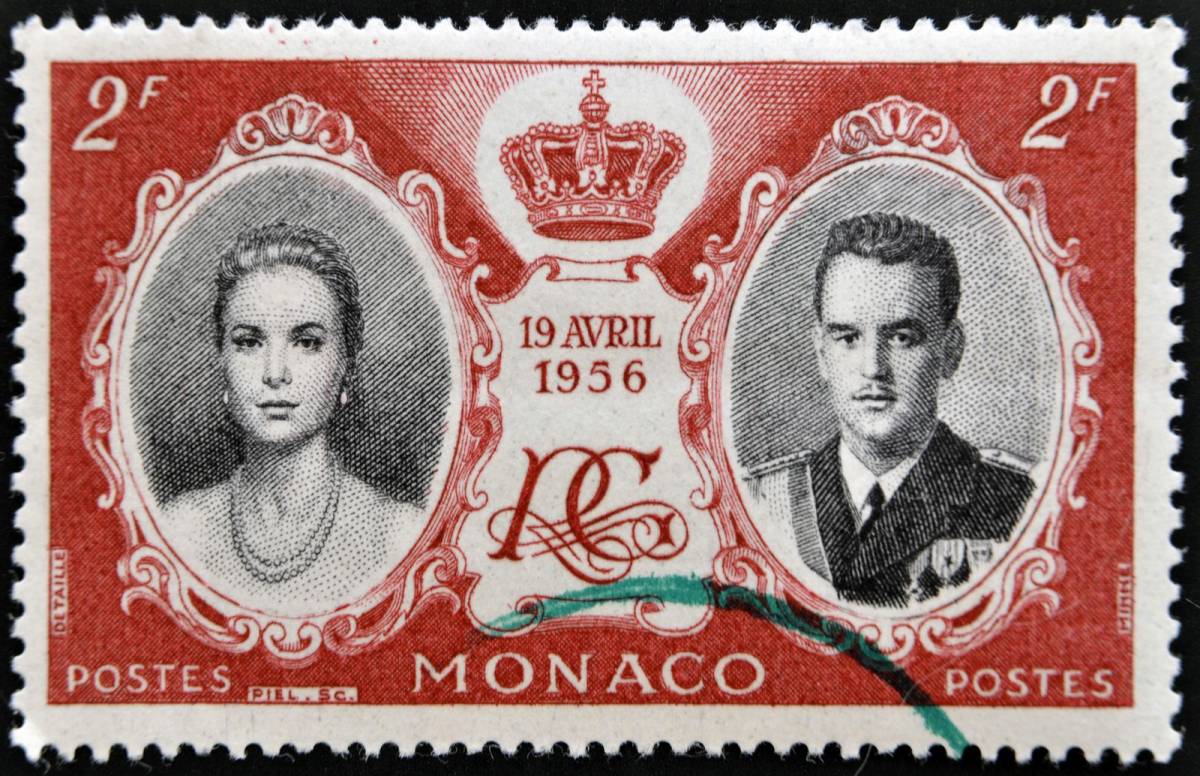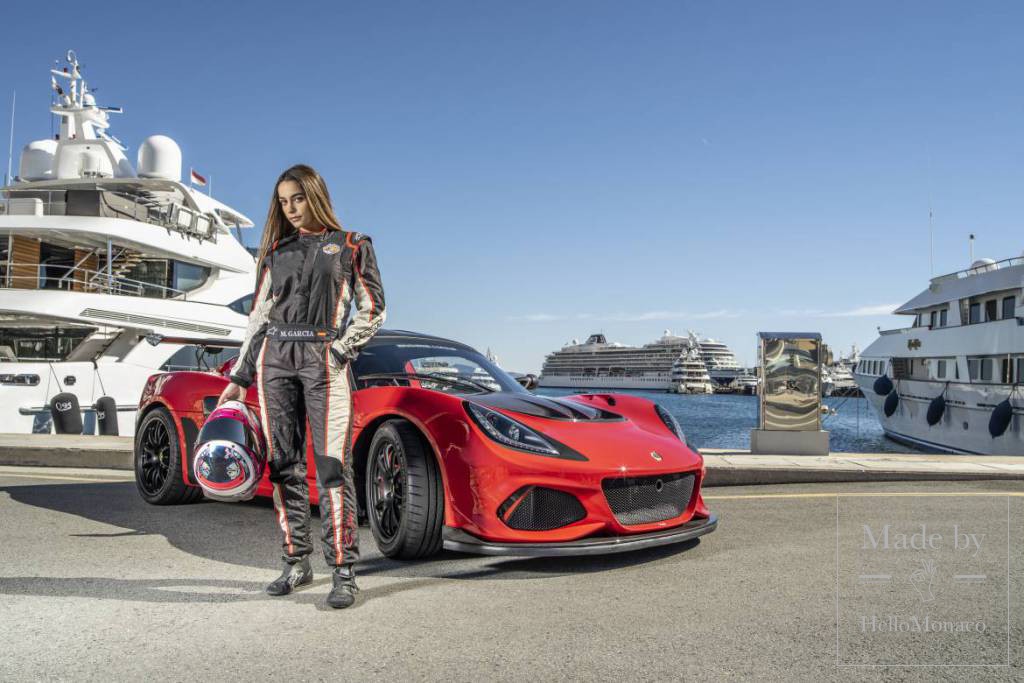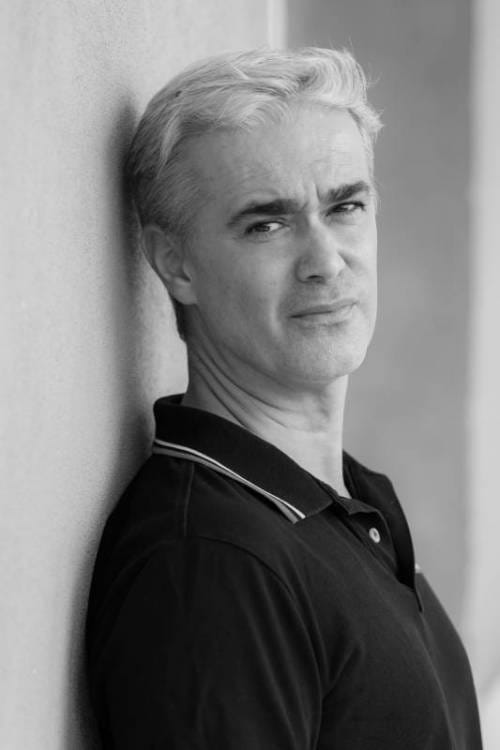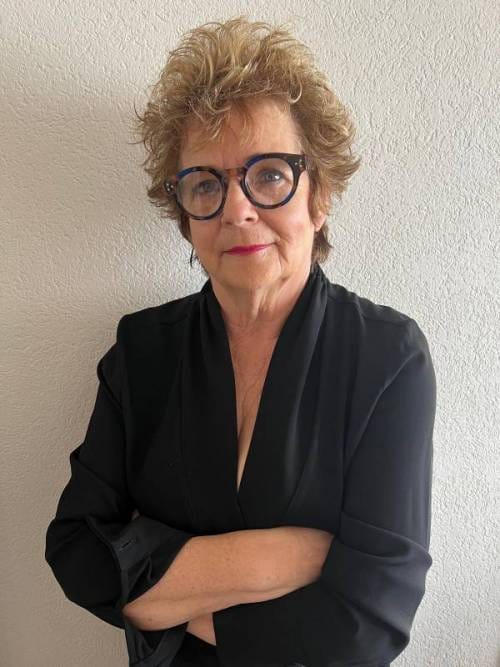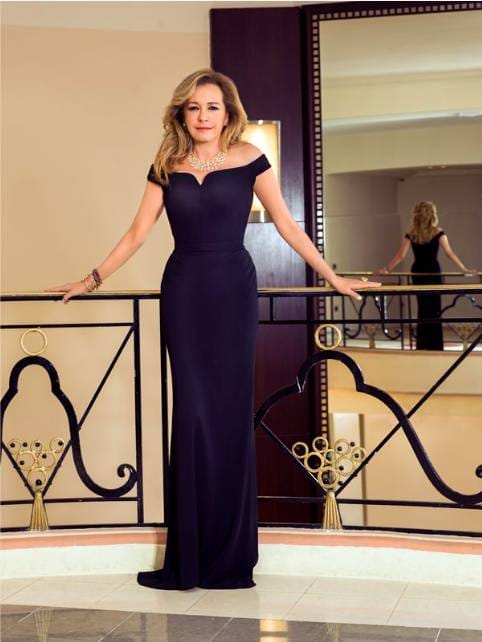At only 18 years old, Marta García is a motorsport champion from Spain who has participated in more than 500 national and international races over the past five years. She won 1st place in the Andalusian Championship (Alevin category), she won the Trofeo delle Industrie, previously won by Lewis Hamilton, Marco Wittmann, Antonio Giovinazzi and Daniil Kvyat and was the first young woman in history to win 2nd place in the 2013 Spanish Championship in the KF3 category. Marta is a very young and promising racer according to Michèle Mouton, the president of the FIA’s Women & Motor Sport Commission. She is participating in a new all-female racing series which was launched in October 2018, supported by former grand prix driver David Coulthard and top designer Adrian Newey, with the aim of helping women racers get into Formula One. She joined HelloMonaco to share some words of wisdom about her past, her goals and the risks involved in a fast-paced sport like racing.
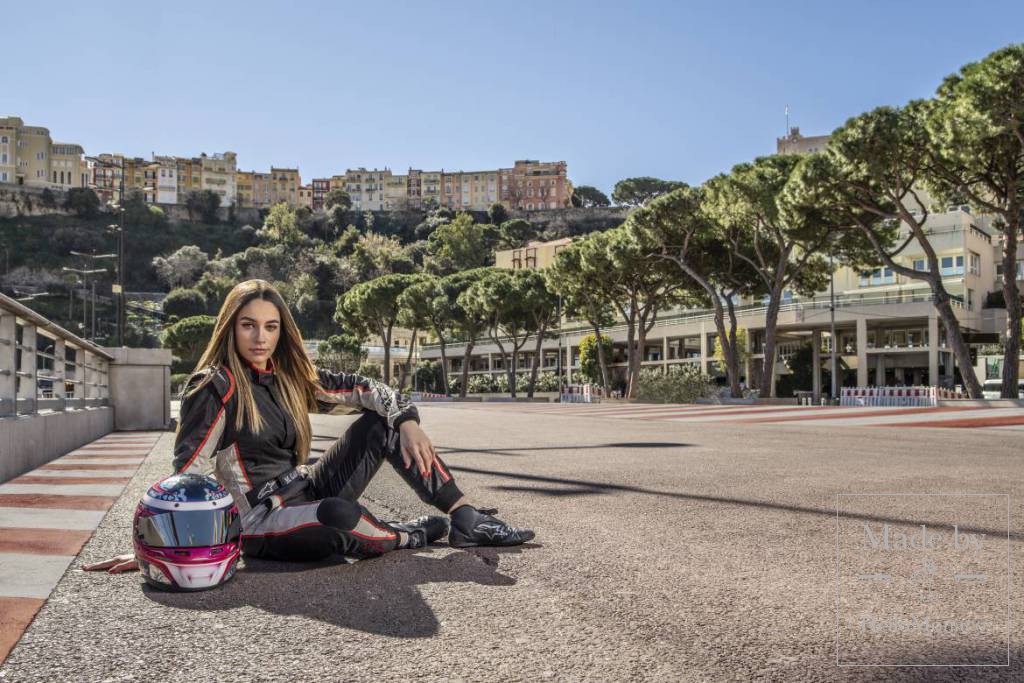
HelloMonaco: Could you tell us who exactly inspired you to become a racer?
Marta García: Maybe my dad because motorcars were his hobby and he always loved motorsport, so he is the one that maybe inspired me in some way. I started at 9 years old. I went to a karting track and I loved it. I saw a kart driving competition and… as they saw that I was interested, they told me about a one-month-long karting lesson. I did the karting lesson and they told me I was quite good. From then, they told me to try a competition kart, which I did. Then my dad bought a kart and from there I started training and training.
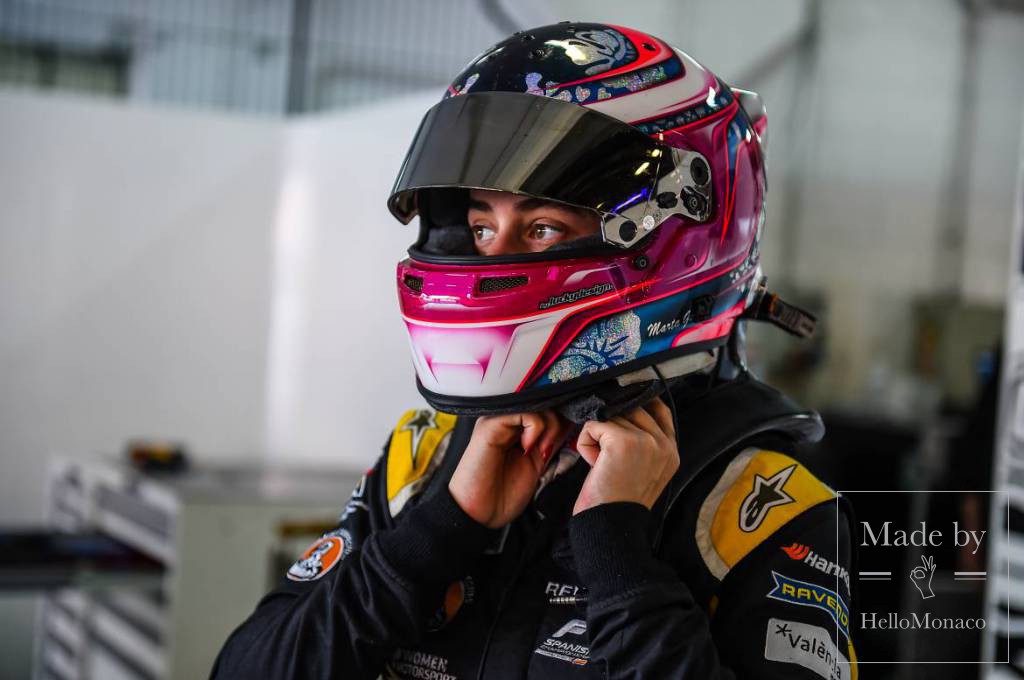
HM: What is your biggest achievement?
MG: My biggest achievement I think was in 2015, when I won the Trofeo delle Industrie, that was really good. I was really happy with it and so proud of the work I had done during all the years that I’ve been racing. So, that was the best moment.
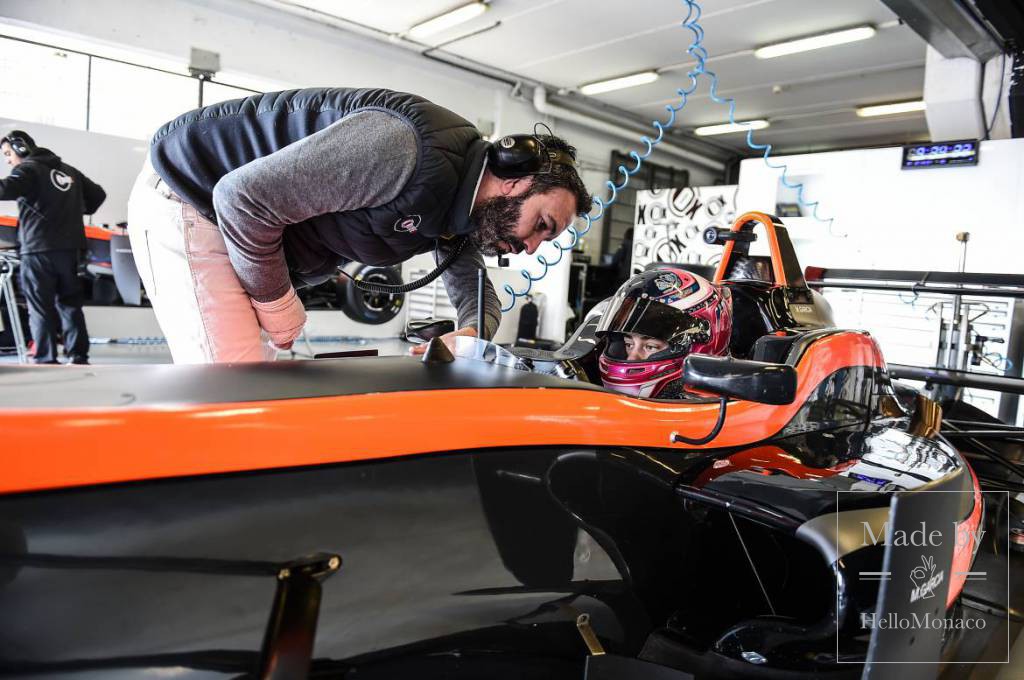
HM: What is your ultimate goal in motor racing?
MG: My ultimate goal is to arrive in Formula 1 and be the first woman to win the championship. This would be the best and the ultimate goal.
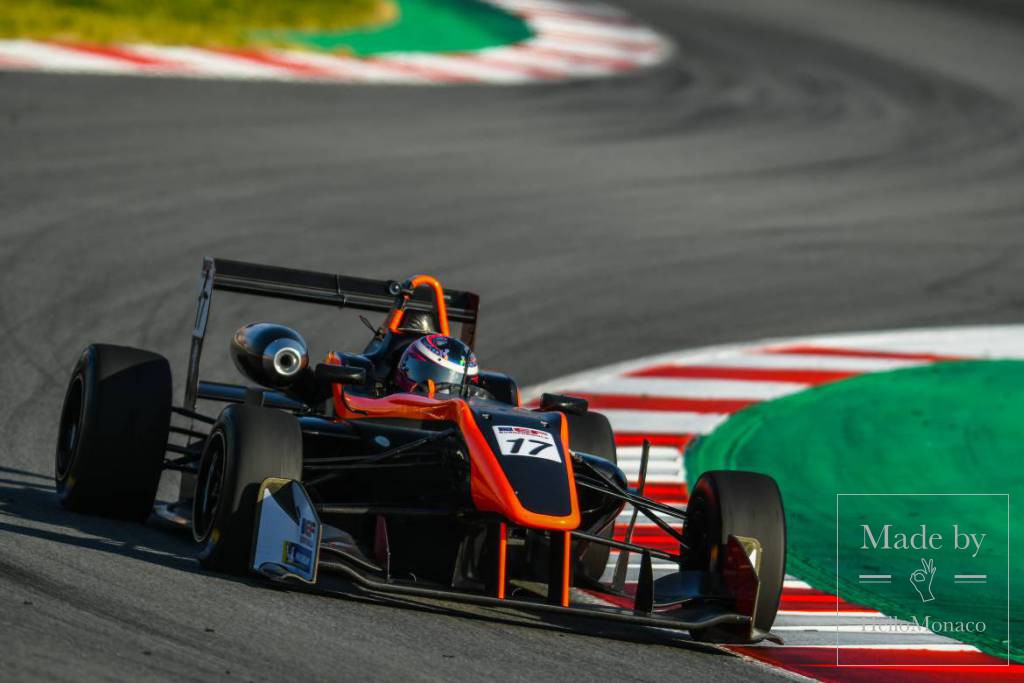
HM: Why aren’t there any women in Formula 1?
MG: I think there are no women because the quantity of women racing in single seaters is much lower than the quantity of men driving. Like, for example, we are three women driving, so I think this is the most important reason why there are no women in Formula 1.
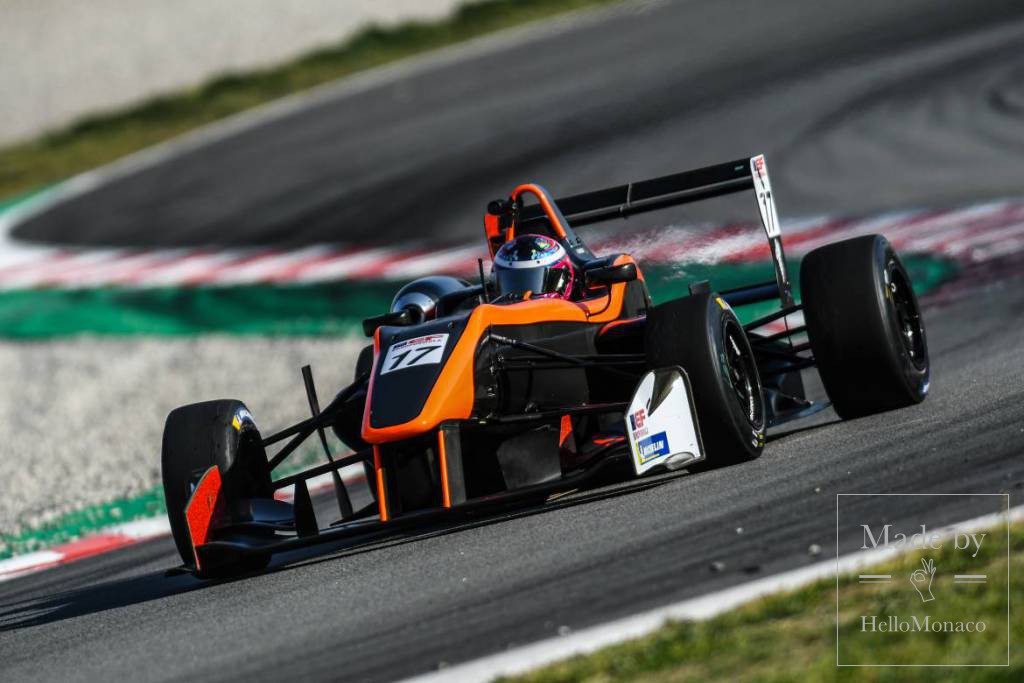
HM: Because Formula 1 is very costly, do you think the biggest problem could be financial?
MG: Yeah, I think so. If you don’t have good economic support, you can’t drive because, as you said, it’s not cheap… And I think there’s a lot of women drivers that can’t drive because they don’t really have this support and it’s the most important thing.
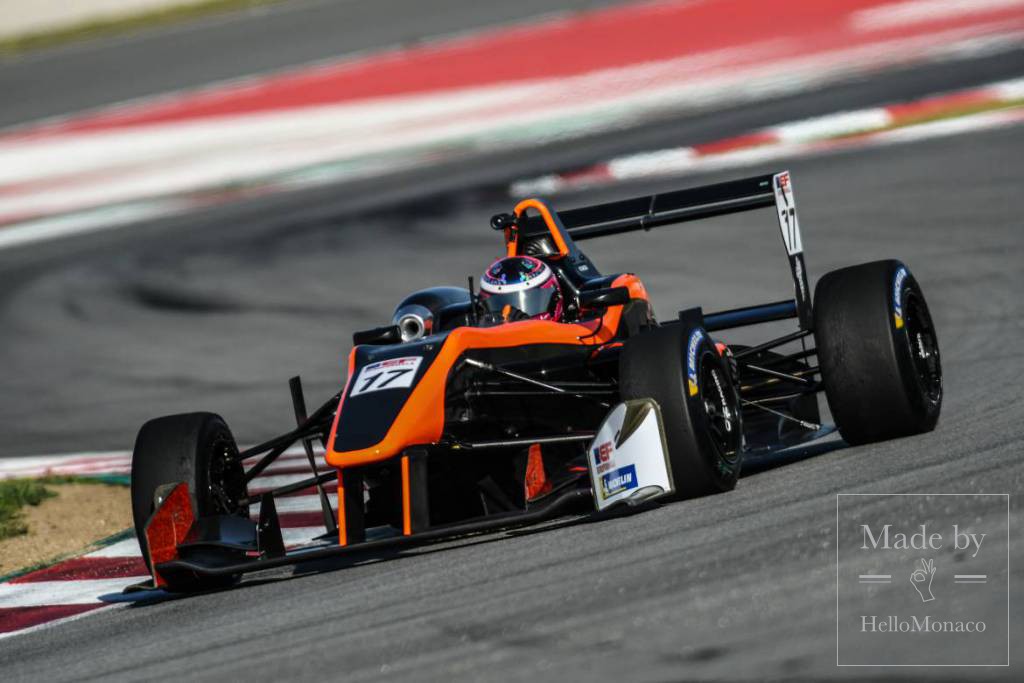
HM: There is a new female-only motorsport series launched to find future Formula 1 stars this year. Could you tell us more about that?
MG: Well, there’s a new Championship this year, it’s the W Series Championship. The championship is free to enter and the winner will receive $500,000 to help further her career. They selected 60 drivers to race in the championship. It’s five races and we already have completed the first stage; I’m in the second stage already. They had 60 and they picked 28. So these 28 will now complete another stage in Almeria in Spain with Formula 3. They will pick 20 of these women for racing.
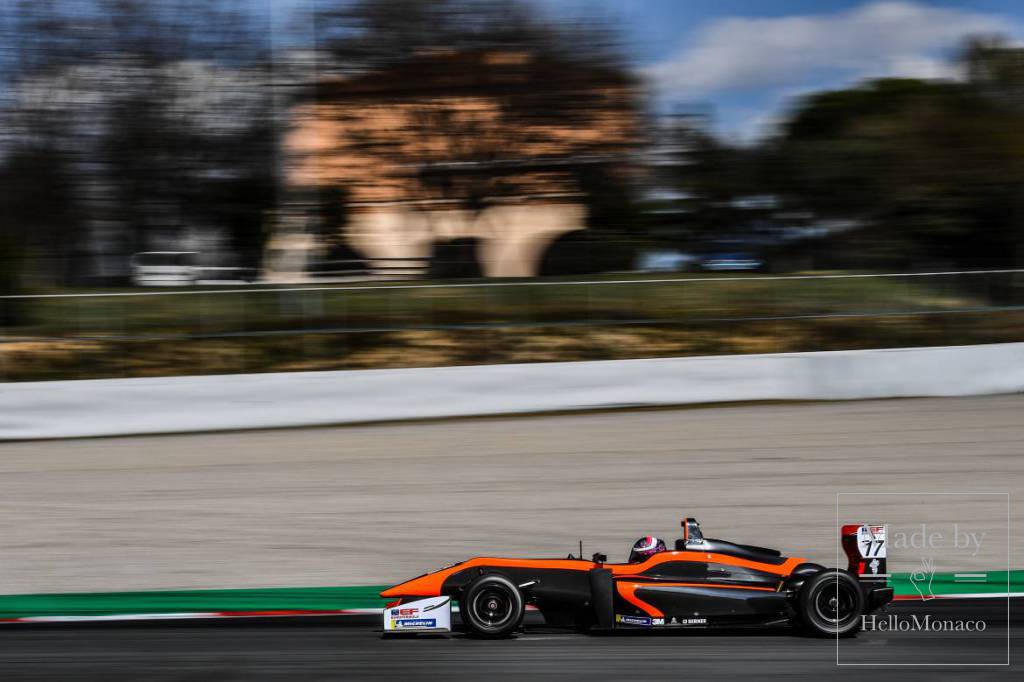
HM: There are a few women who have participated in Formula 1, could you name them and who is the biggest competitor for you?
MG: Well, María de Villota, she did a test with F1 and had a (fatal) accident. So, right now, there’s Tatiana Calderón and Sophia Flörsch who are racing in single seaters. But I think the most prepared right now and the one with the most experience in single seaters is Tatiana, because this year she’s going to be racing in F2.
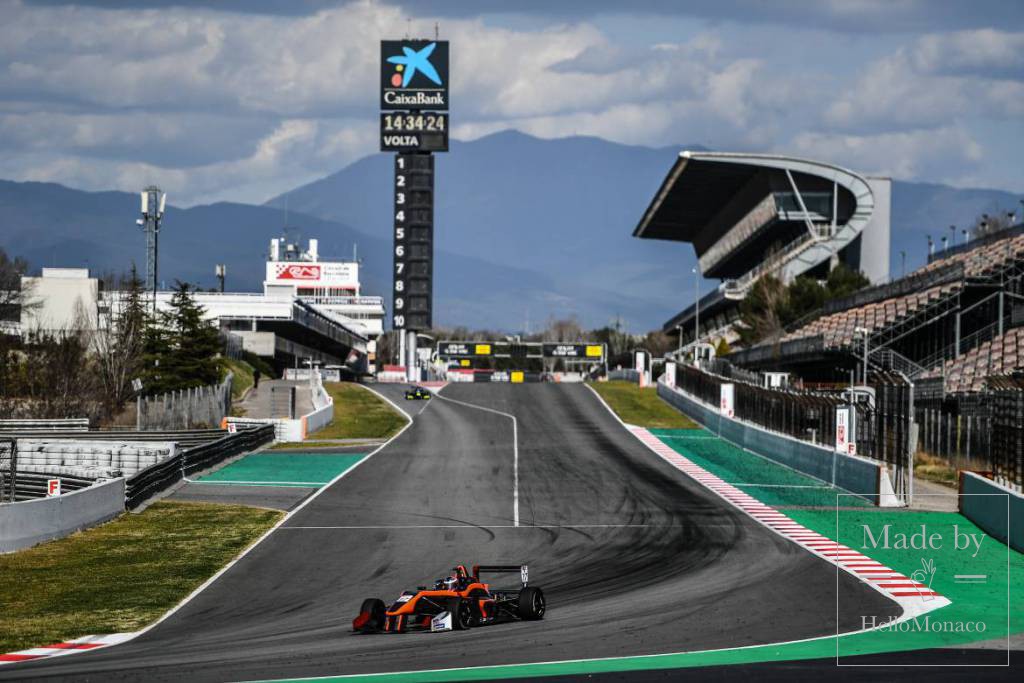
HM: What are your advantages and strong points compared with other competitors in racing?
MG: I think in karting, for example, I can’t say so much about single seaters, I am really good at focusing on my work and working hard. That is my strong point. And second, on the track, I am really good at doing starts in karting. And another thing I would say is just driving fast, in karting… So I will work to achieve this in single seaters as well. I think if I work hard, I can get to the top.
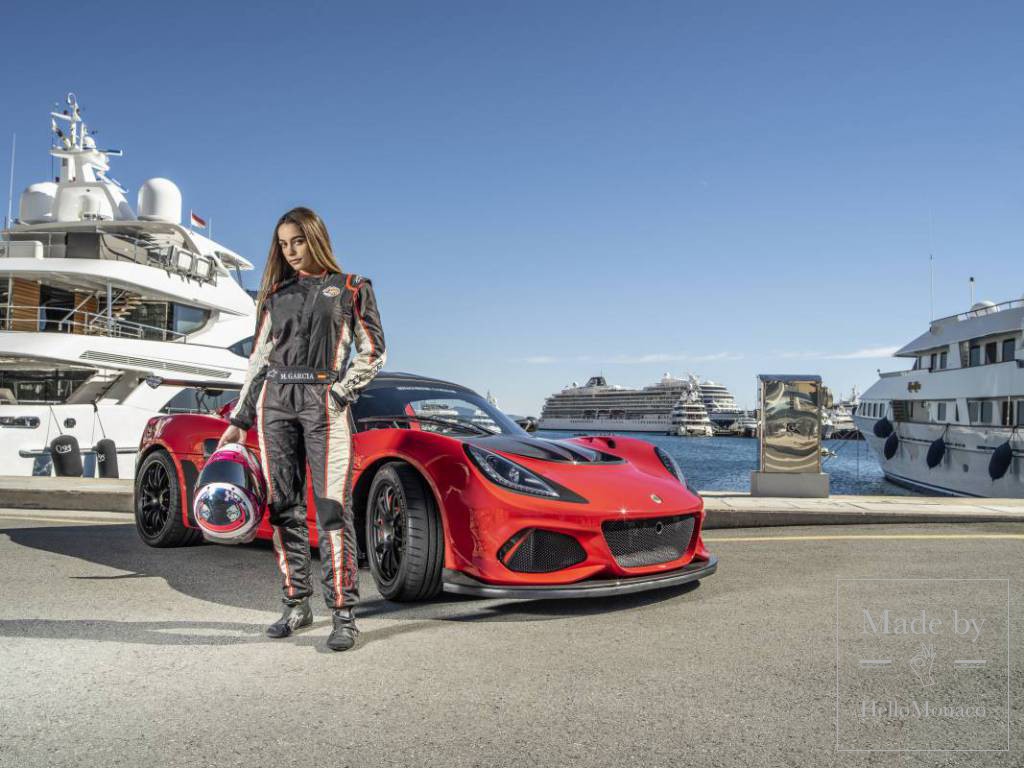
HM: Who is your inspiration in Forumla 1, the person or driver who you really admire?
MG: I really admire Lewis Hamilton, he’s like my hero, let’s say. I love his driving style. I like how he behaves on track but I also like how he behaves off the track. For example, with social media and how he reacts with the fans and everything, I think it’s just great.
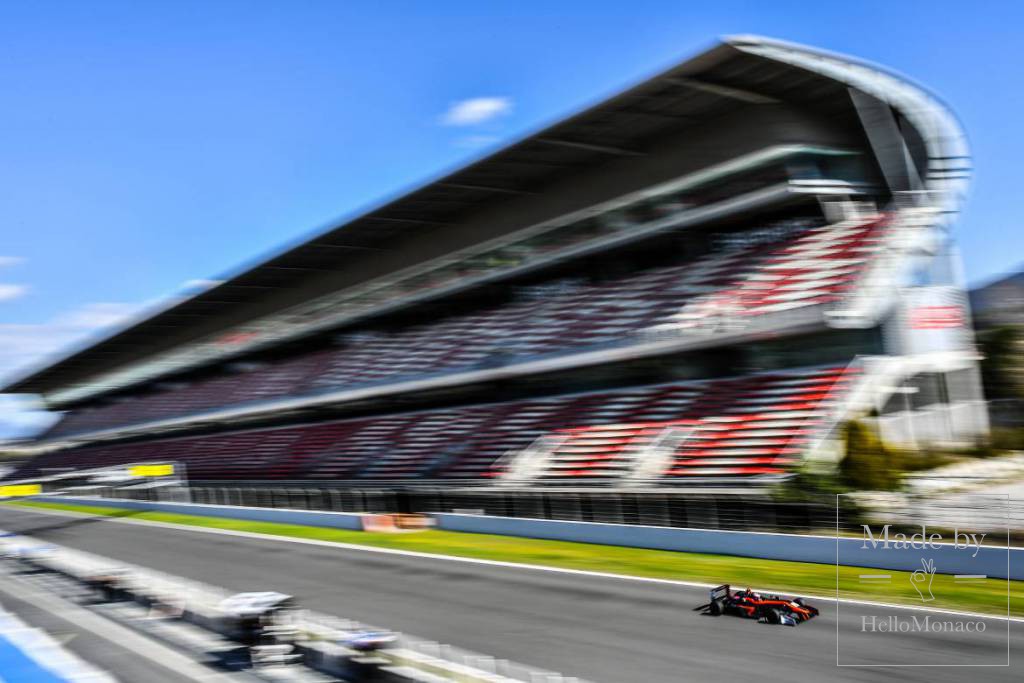
HM: Carmen Jordá, who is also a racer, said that women might be more successful in Formula E, do you agree or disagree with that?
MG: I don’t really support that opinion actually, because I think women can be good in Formula E, Formula 1, or any other competition in motorsport, if they work hard and they train and do everything to get to the top.
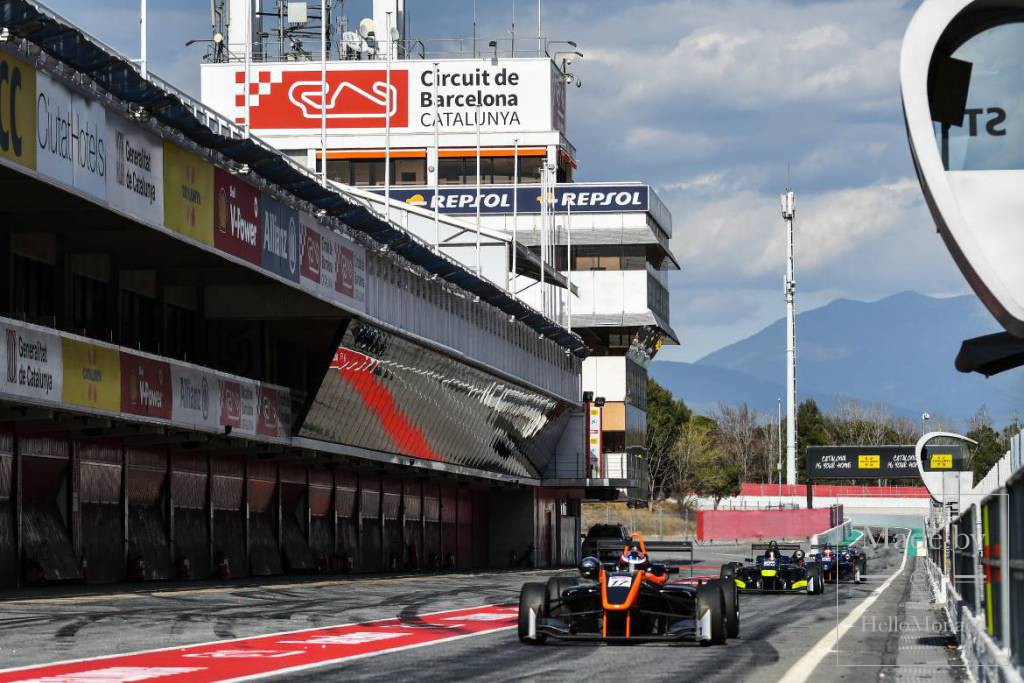
HM: Do you think that women can compete on the same track and at the same level as a man?
MG: Yes… Well, of course, I think women can drive at the same level as men because we are all the same. Physically we are not the same, but inside a car, it’s different, you are exactly the same. Women need to work more physically because normally men have more strength than women genetically, and this is what we need to work on more. But I think if we work on this, then we can get to the top.
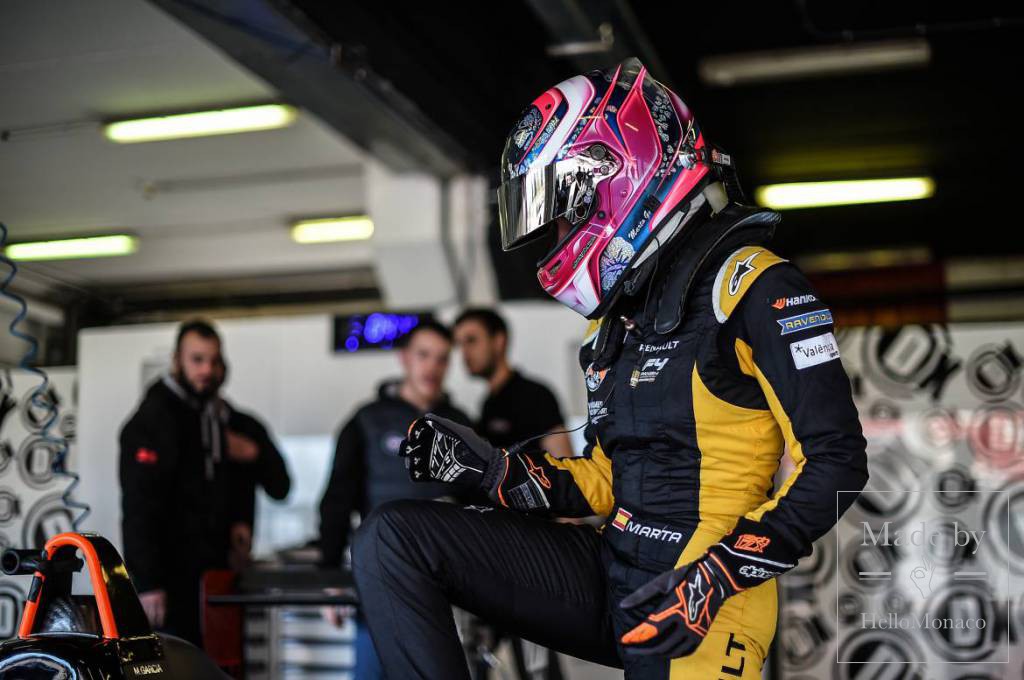
HM: It’s a very risky and stressful sport, I think an important part is not to just be in good physical condition but to also know how to manage stress and how quickly you can make a decision.
MG: Yeah, of course, when you’re in the car you have to make decisions really quickly because, for example, if you have to overtake someone but you hesitate, then you lose this opportunity. That’s why you need to think fast and you have to be really aware about what’s going to happen.
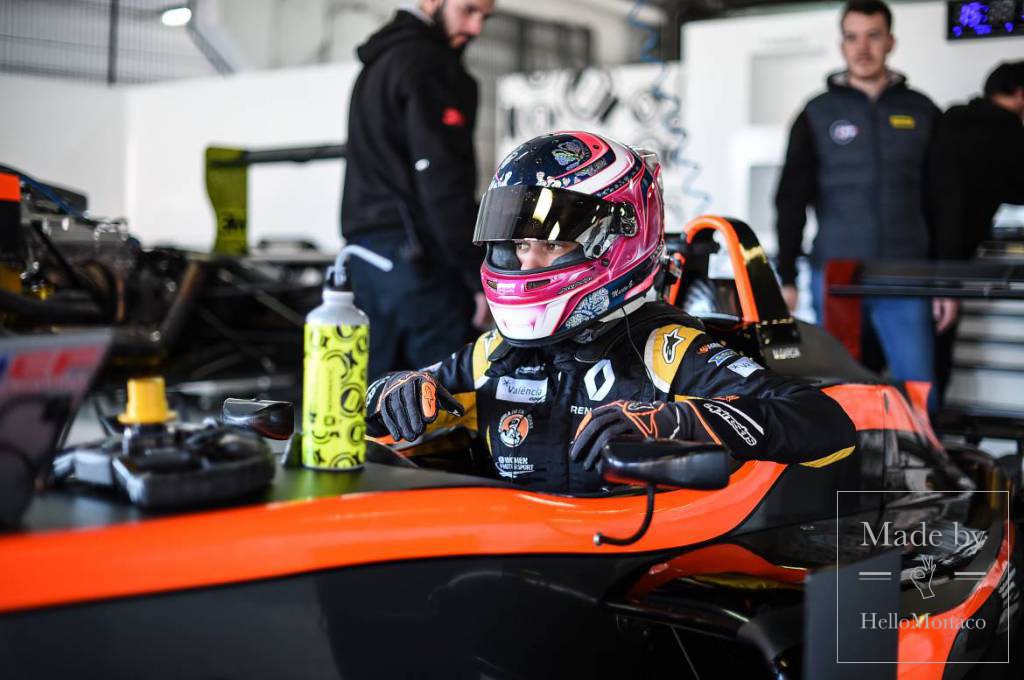
HM: What helps you to make these decisions right away, in milliseconds?
MG: I just do it from instinct. You can study a bit before, in the labs. So you have to study the situation a bit and then just go ahead with the action.
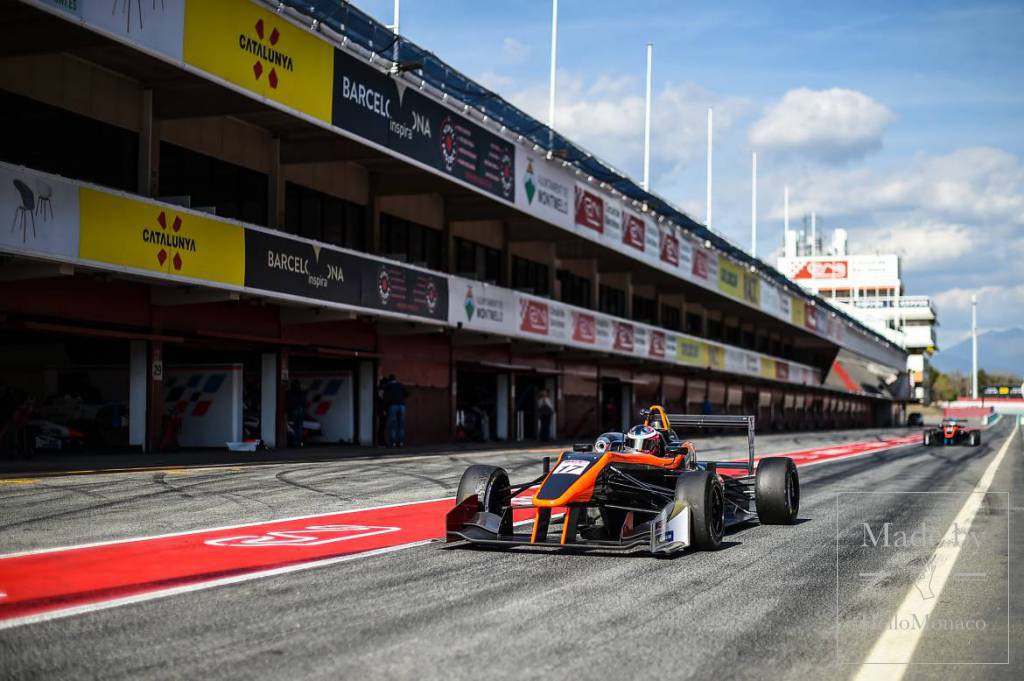
HM: How do you deal with the fear of death?
MG: I don’t really have a fear of death when I’m driving, it’s not really something that I think about because I’m just driving and it’s something that I love doing. So, I don’t have in my mind…
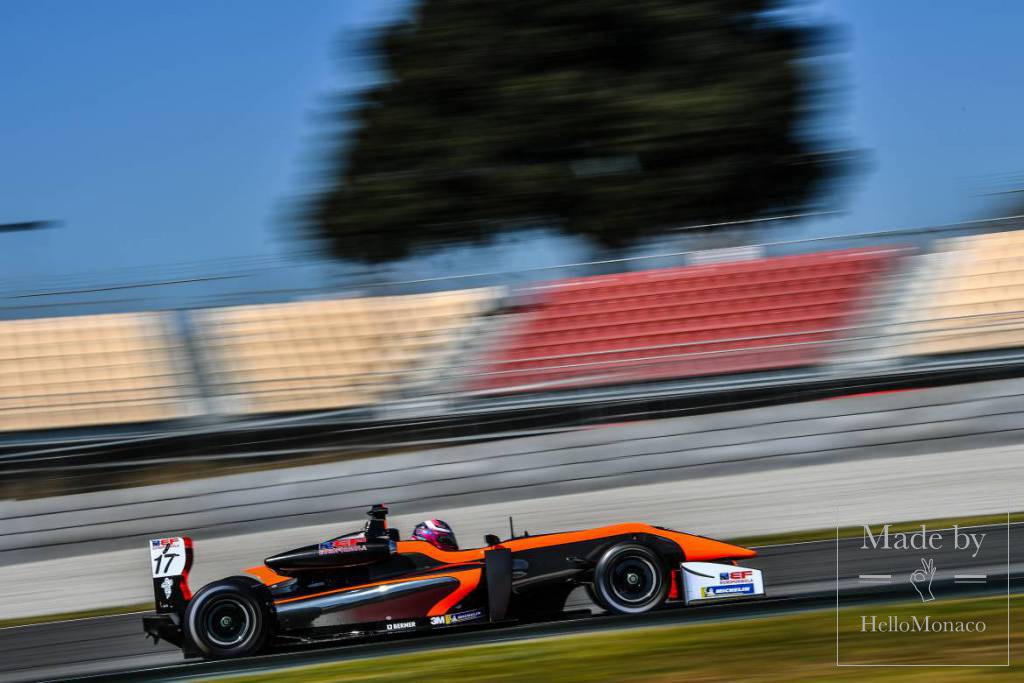
HM: Not even trauma?
MG: No, not really, I don’t think about that.
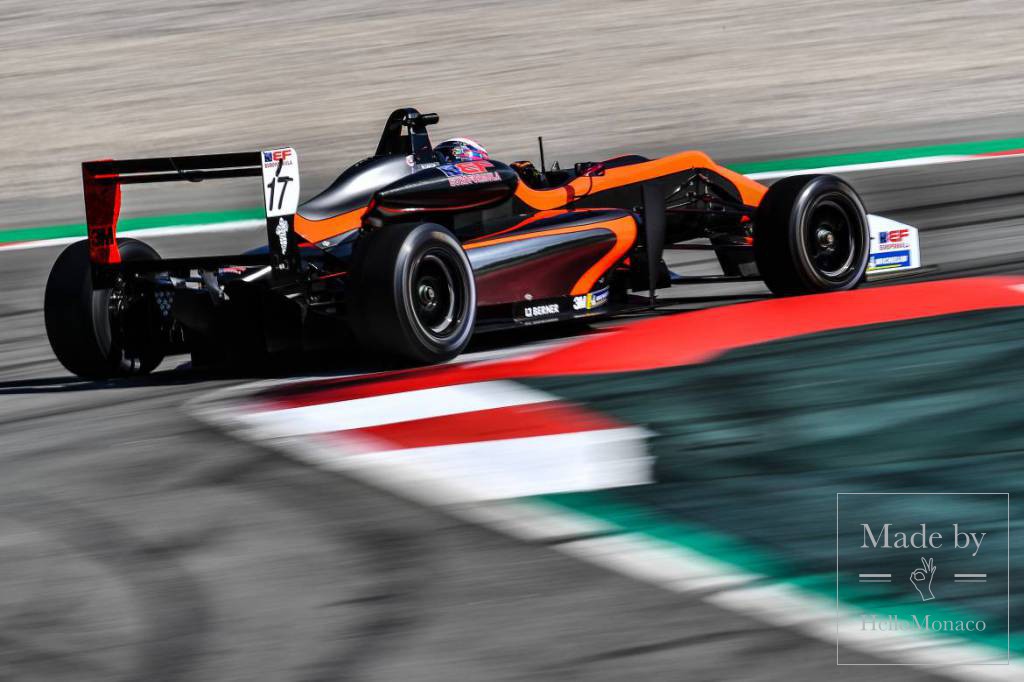
HM: What about your parents?
MG: Ah, my parents. My dad loves that I’m doing this because he loves motorsport. My mom also likes it because if I do something that I like, she will also like it. But she’s more scared about me driving because she’s sometimes like, «Oh, what if something will happen to you».
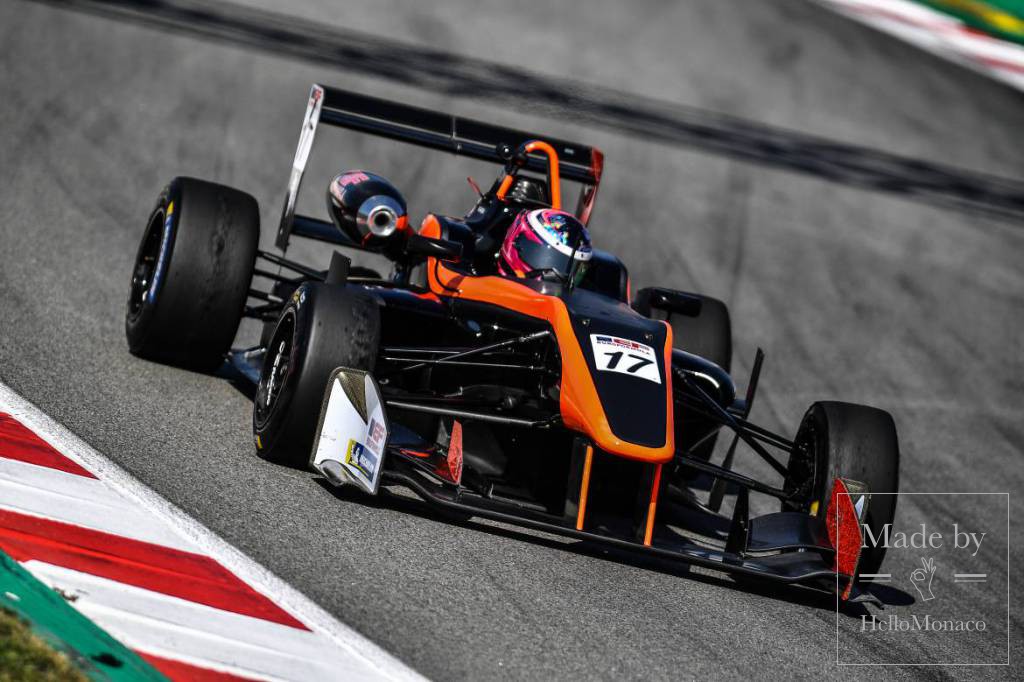
HM: How do you usually reply to her?
MG: «Ah mom, don’t worry, I’ll be ok».
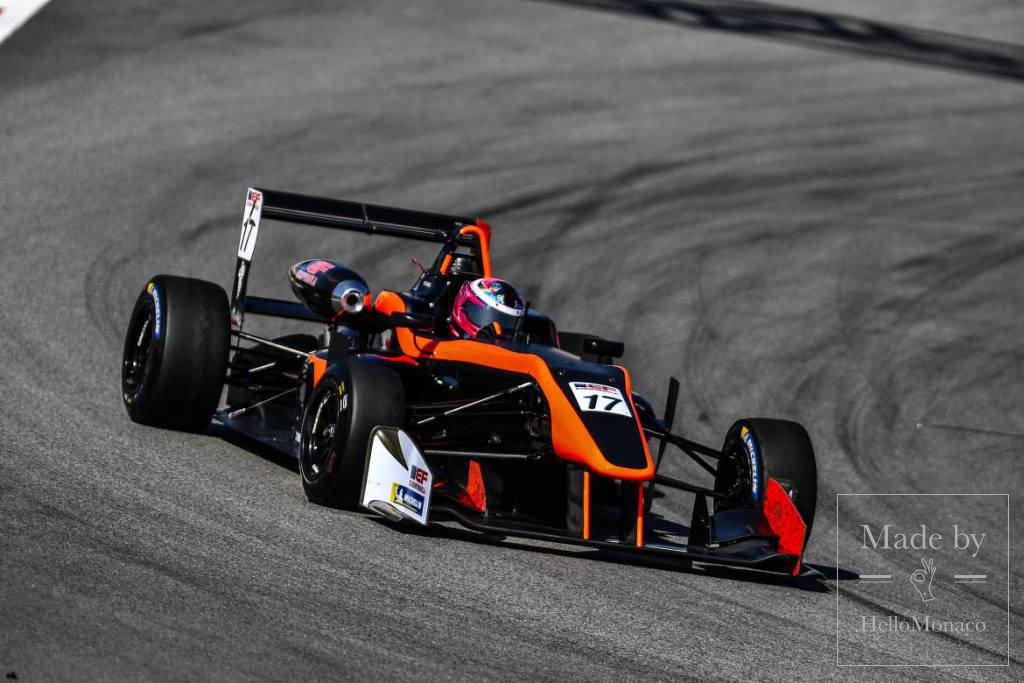
HM: You’re 18 years old, that’s about the time people get into their first relationship.
MG: I have a boyfriend, for one year now.
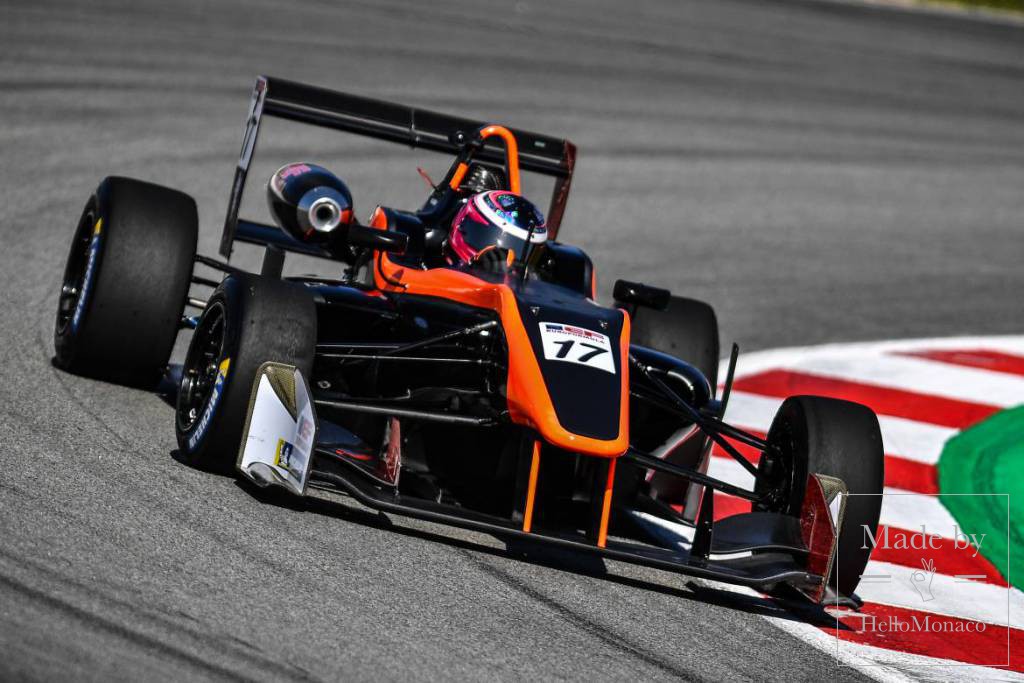
HM: How does he deal with your addiction to racing?
MG: Actually, he’s a karting mechanic, so it’s really good because he also loves motorsport. Sometimes when I have to work on testing, he comes with me. And it’s great having his support because, of course, you thank him for that.
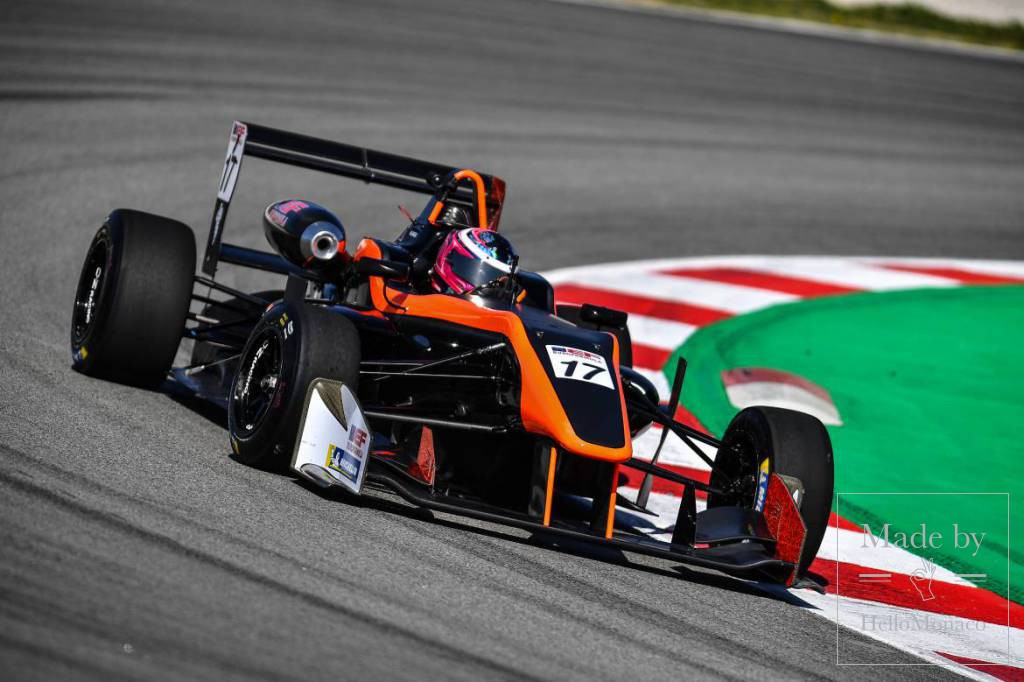
HM: Do you remember when you felt absolutely happy?
MG: The first thought that comes to mind is when I was first in the Trofeo delle Industrie. It was a great race for overtaking. Two laps before the final flag I was maybe third, so I was like, «I need to get to the top». I wanted to win the race because I knew I could win it and it was really important. So I overtook the first guy two laps before the end and then I just ran away with the race and it felt great. I was really happy and so proud, so it was this moment.
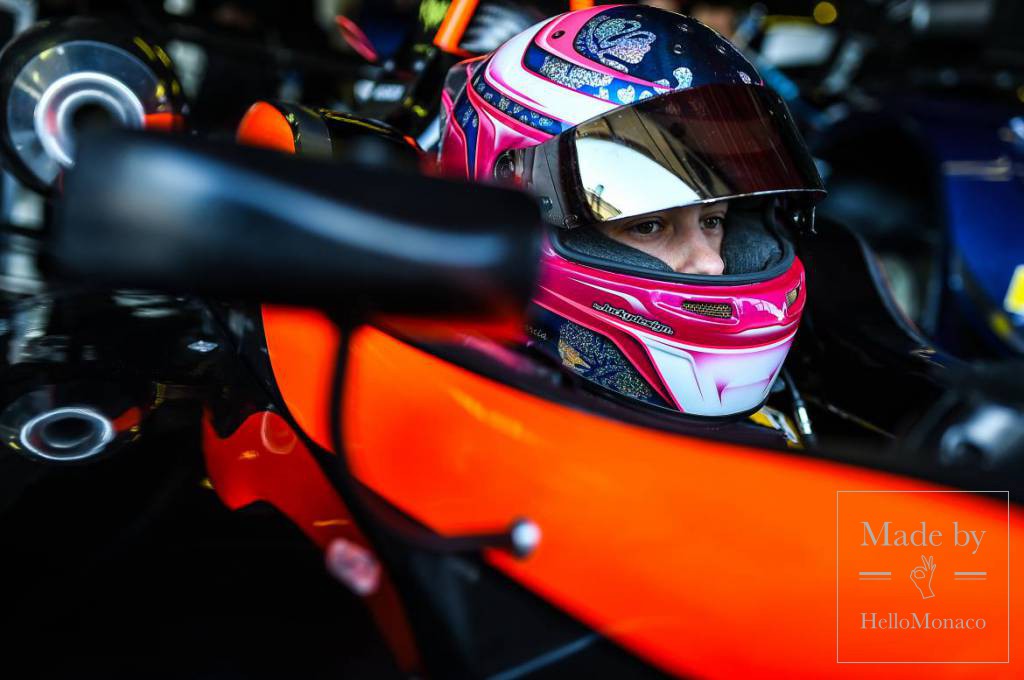
HM: If you don’t succeed how do you feel?
MG: Of course, I always want to succeed and win, but if I don’t win, for example, one race, it’s not a problem, you learn from your mistakes. If you know what you have been doing wrong, you will learn from it, so it’s not a big deal. Of course, you like always to win but you have to lose sometimes to learn.
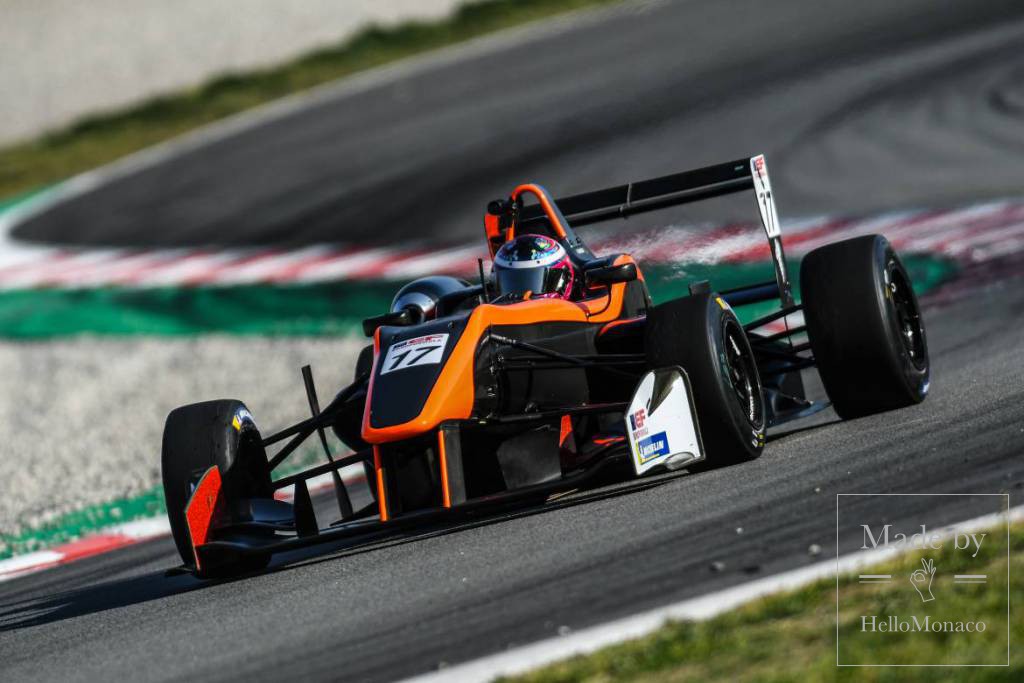
HM: How do you see your future, not just in racing, maybe you want to do something else in your life?
MG: First, I want to dedicate my life to racing because it is something that is part of me. But I also want to begin to study some career, I don’t know which one… Law, or International Relations, or something like that.
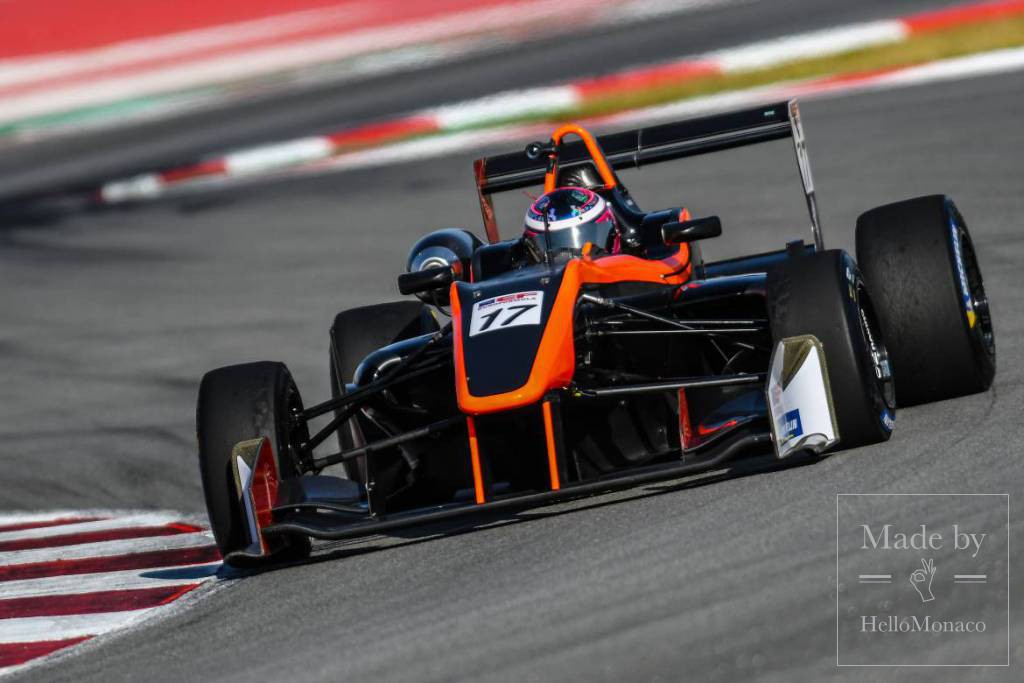
Photo: Marc Laurin

